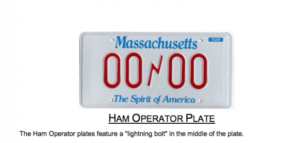Send-A-Letter Campaign: Ask Your Representative and Senators to Co-sponsor and Support H.R. 1094 and S. 459
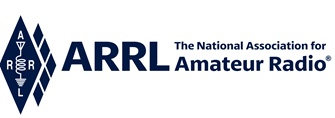 YOU CAN HELP US CHANGE THE LEGAL RIGHTS OF AMERICAN HAMS
YOU CAN HELP US CHANGE THE LEGAL RIGHTS OF AMERICAN HAMS
The ARRL is focused on reducing legal restraints on the ability of American Amateur Radio Operators to engage in the active practice and enjoyment of Amateur Radio. One of the most insidious and increasing threats to the survival of Amateur Radio and our ability to serve our communities and Nation, as we are required to do by Federal regulation, is the proliferation of private land use restrictions that prohibit the installation of outdoor antennas and that sometimes actually deny Federally licensed Amateurs from operating any amateur radios, regardless of where their antennas are located — in their attics, hidden in trees, or mounted on their vehicles.
Federal law — since 1996 — has guaranteed to every American — except Amateur Radio Operators — the right to erect antennas outside or on their residences for the purpose of TV reception, satellite TV and internet access, wireless internet access and even wireless internet redistribution. But Amateur Radio operators are denied the equal right to erect comparable antennas.
Since 2005 Federal law has also guaranteed to every American the right to proudly display the American Flag by installing flagpoles in their yards. But, despite that right to install vertical poles in their yards — American Radio Amateurs are denied the right to use those vertical flagpoles as vertical antennas.
We believe the denial — to licensed Amateur Radio Operators — of the rights guaranteed to all non-Amateur Radio licensed American homeowners — the right to install antennas on the land they own — is without justification and should not be permitted to continue.
To eliminate these private land use restrictions, the ARRL has worked over the past several years with our elected officials to draft Congressional legislation — H.R. 1094 in the U.S. House of Representatives and S. 459 in the U.S. Senate — that when passed will extend to all Hams the right to operate from their homes and the right to install antennas on the land they own. We have bipartisan support for this legislation.
BUT, WE NEED YOUR HELP TO PASS THIS LEGISLATION!
How can you help? By sending a letter to your Representative and Senators asking that they co-sponsor and support H.R. 1094 and S. 459.
How can you send these letters? It is easy.
Go to — https://send-a-letter.org/hoa/ — enter your call sign and click on “Send My Letters” and your letters will be delivered to our Washington legislative team for hand delivery to your Representative and Senators.
Does your individual letter matter? YES.
Your Representative and Senators need to know that the passage of this legislation is important to you.
Your letter could be the difference in whether we are able to pass H.R. 1094 and S. 459.
Go to — https://send-a-letter.org/hoa/ — and help us by sending your letters to your Representative and Senators.
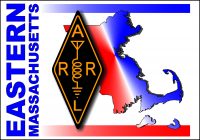

 From Radio World, October 27, 2023:
From Radio World, October 27, 2023: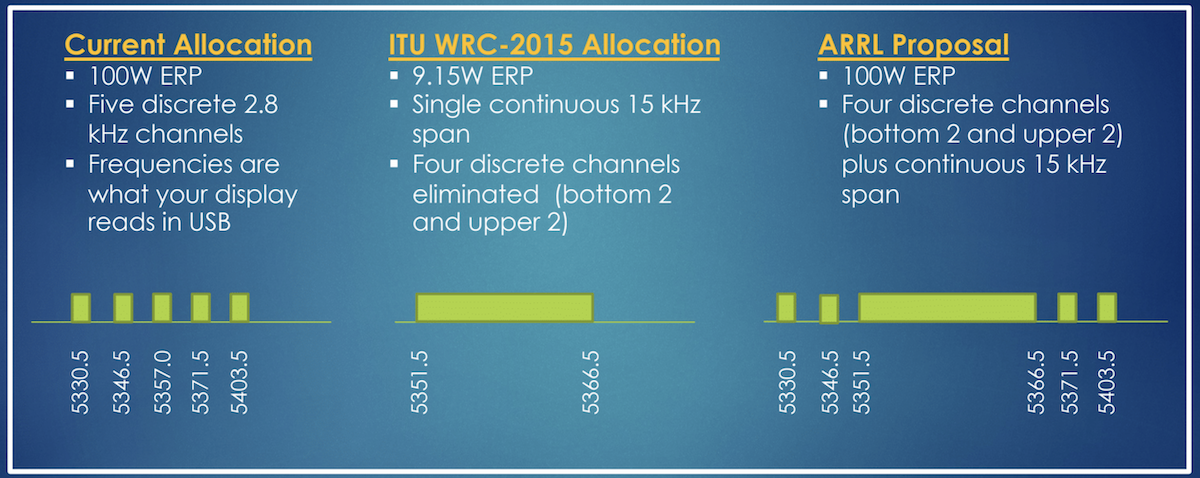
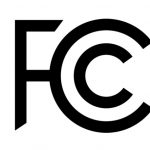 From ARRL News, 07/11/2023:
From ARRL News, 07/11/2023: ARRL Bulletin 11 ARLB011
ARRL Bulletin 11 ARLB011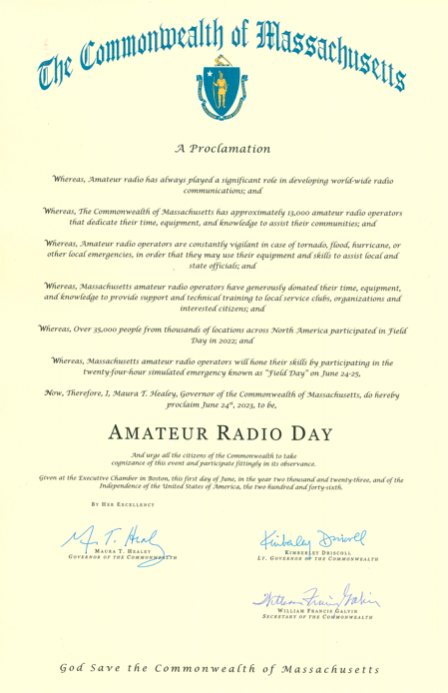
 From ARRL Web:
From ARRL Web: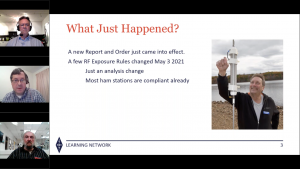
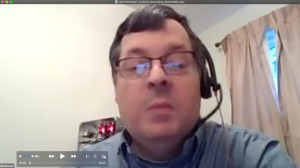 Eastern MA Technical Coordinator Dan Brown, W1DAN, will hold another presentation addressing the new FCC RF exposure rules on May 4 at 7:30 PM using the ARRL GoToWebinar platform.
Eastern MA Technical Coordinator Dan Brown, W1DAN, will hold another presentation addressing the new FCC RF exposure rules on May 4 at 7:30 PM using the ARRL GoToWebinar platform. 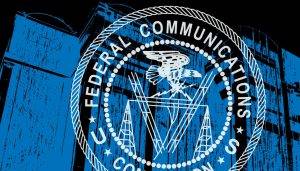 ARLB013:
ARLB013: